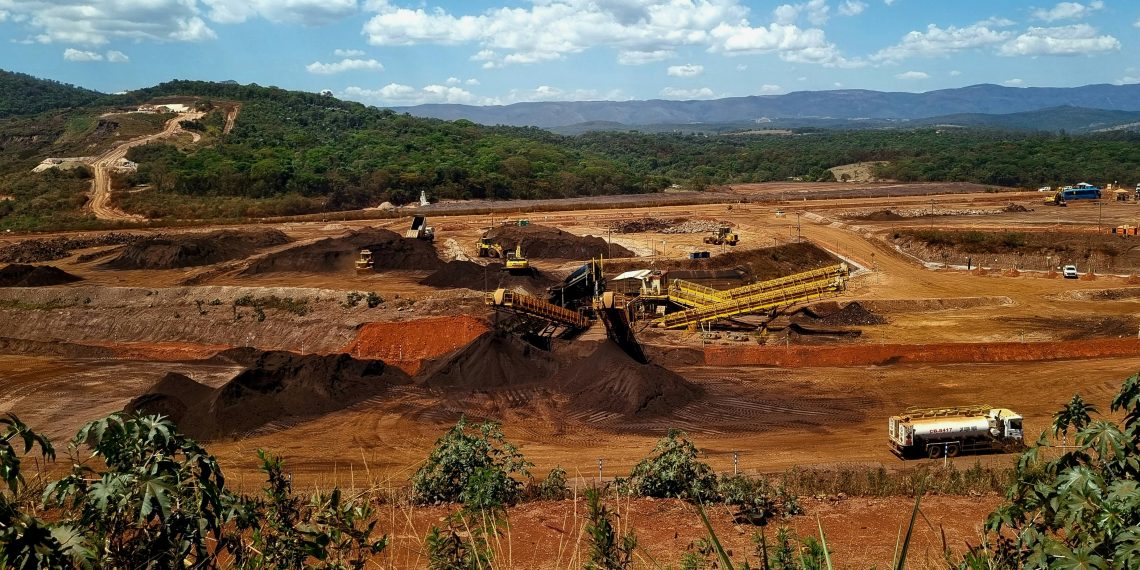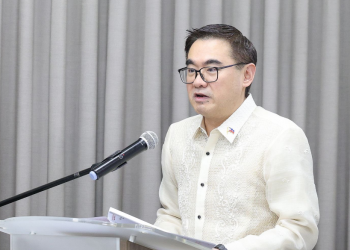The Philippine Senate has established a ways and means subcommittee to address proposals aimed at simplifying and revising the fiscal framework for the mining sector.
A BusinessWorld report said that Senate Majority Leader Joel J. Villanueva, who was acting upon the directive of committee chairperson Senator Sherwin T. Gatchalian, announced the formation of the subcommittee during a session on Wednesday.
The subcommittee, to be chaired by Senator and Finance Committee Chairman Juan Edgardo M. Angara, will deliberate on House Bill No. 8937 and related legislative measures concerning the same subject matter.
House Bill No. 8937, which the House of Representatives passed in September on its final reading, aims to establish a revised fiscal structure for the mining industry. It has proposed the implementation of margin-based royalties and imposing a windfall profit tax specifically targeting large-scale miners.
The Department of Finance (DoF) has earlier advocated for a streamlined mining regime with reduced tax tiers and lower rates to enhance compliance. In its proposal, large-scale miners operating within mineral reservations would contribute 5% of gross output, an increase from the 4% proposed in the House bill.
The DoF has also recommended simplifying the windfall profit tax to four tiers from the initial ten proposed in the House legislation.
Under the current regime, mining companies are obligated to pay corporate income tax, excise tax, royalty, local business tax, real property tax, and fees to indigenous communities. Despite discussions, a mining fiscal regime measure has yet to be introduced in the Senate.
The DoF said it anticipates its fiscal regime proposals to generate an average of Php 10.23 billion annually from 2025 to 2028.
Additionally, the government foresees an annual revenue of Php 5.55 billion from royalties from miners operating within mineral reservations, Php 1.31 billion from miners outside mineral reservations, and Php 3.37 billion from windfall profit taxes.
Chairman of the Chamber of Mines in the Philippines, Michael T. Toledo, said that the existing mining fiscal regime imposes heavier burdens compared to other countries. He emphasized that the inclusion of income-based taxes proposed in HB 8937 would support ongoing mining operations and foster substantial investments in the largely untapped Philippine minerals sector.














